These are the household items that should be regularly replaced
Perhaps it’s time for a spring clean
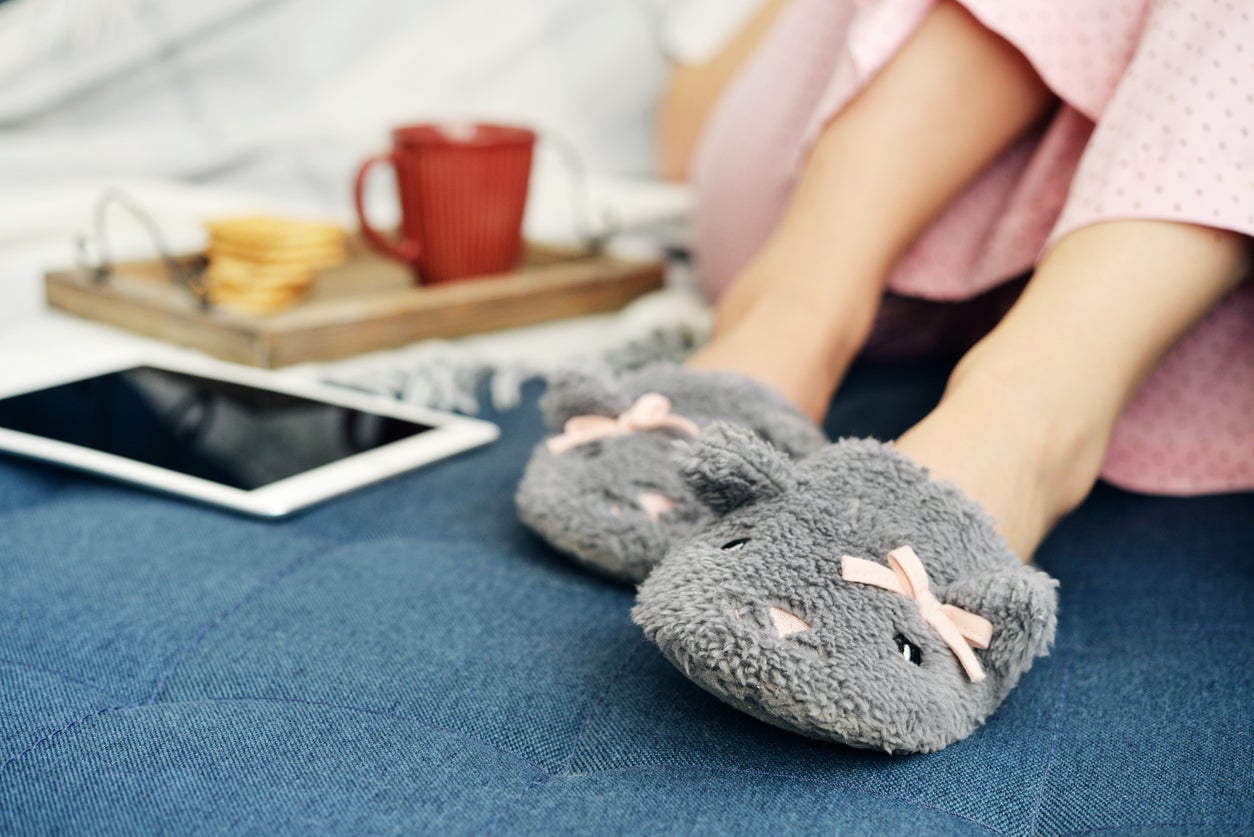
Your support helps us to tell the story
From reproductive rights to climate change to Big Tech, The Independent is on the ground when the story is developing. Whether it's investigating the financials of Elon Musk's pro-Trump PAC or producing our latest documentary, 'The A Word', which shines a light on the American women fighting for reproductive rights, we know how important it is to parse out the facts from the messaging.
At such a critical moment in US history, we need reporters on the ground. Your donation allows us to keep sending journalists to speak to both sides of the story.
The Independent is trusted by Americans across the entire political spectrum. And unlike many other quality news outlets, we choose not to lock Americans out of our reporting and analysis with paywalls. We believe quality journalism should be available to everyone, paid for by those who can afford it.
Your support makes all the difference.Keeping your home clean and hygienic involves a lot more than simply mopping the kitchen floor and giving the bathroom a spritz.
There are lots of common household items that you need to replace on a regular basis, a fact that many of us are likely completely unaware of.
From mattresses to dishwashers, bacteria can build up very quickly when left to fester.
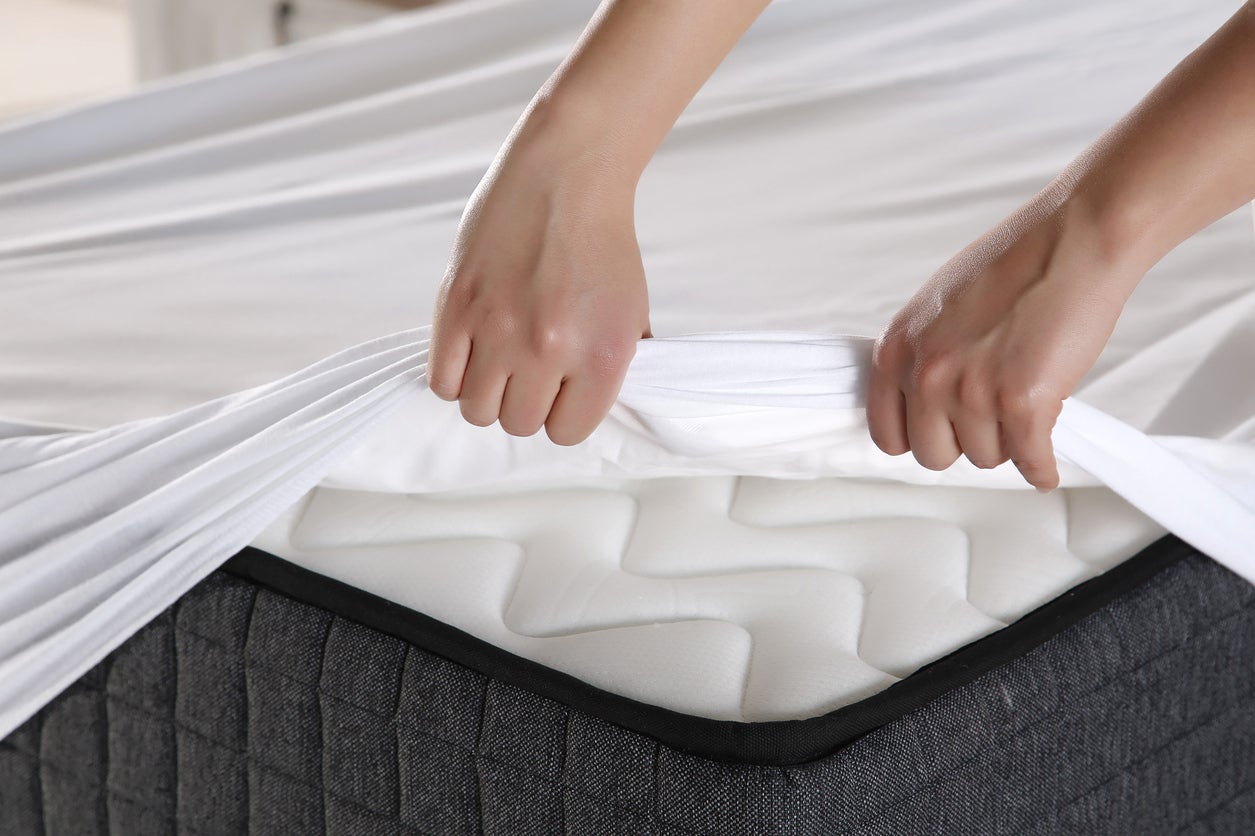
Netmums has compiled a list of the expiry dates of numerous everyday objects and their findings are very illuminating.
Toothbrush
As your dentist will tell you, dental hygiene is extremely important.
Not only should toothbrushes be replaced so that you can clean your teeth efficiently, but it’s also vital that you change your toothbrush if you’ve recently experienced a bout of illness.
“You should change your toothbrush or head on electric toothbrush every three months, unless it gets overly worn or splayed sooner than this,” dentist Dr Ben Atkins told Netmums.
Children will often wear their toothbrushes quicker than adults, which is why their toothbrushes could need replacing even sooner than every three months.
Hairbrush
When you frequently comb through your hair with the same brush, it can pick up all sorts of germs from where you’ve been laying your head or simply going about your day.
Celebrity hairdresser Jamie Stevens advises cleaning your brush at least once a week and buying a new one every year.
“Clean your brush in hot soapy water and remove any hair caught in it,” he said.
“Then spray with disinfectant spray to remove any lingering germs.”
Slippers
When you slip your feet into your slippers at the end of a long day, you probably don’t stop to think about how unsanitary they could be.
“You need to be mindful about anything that comes into contact with your skin,” said hygiene expert Professor Sally Bloomfield.
You should wash your slippers regularly to reduce the risk of infection and replace them every six months.
“If you have a fungal infection, for example, you could reinfect yourself,” Dr Bloomfield explained.
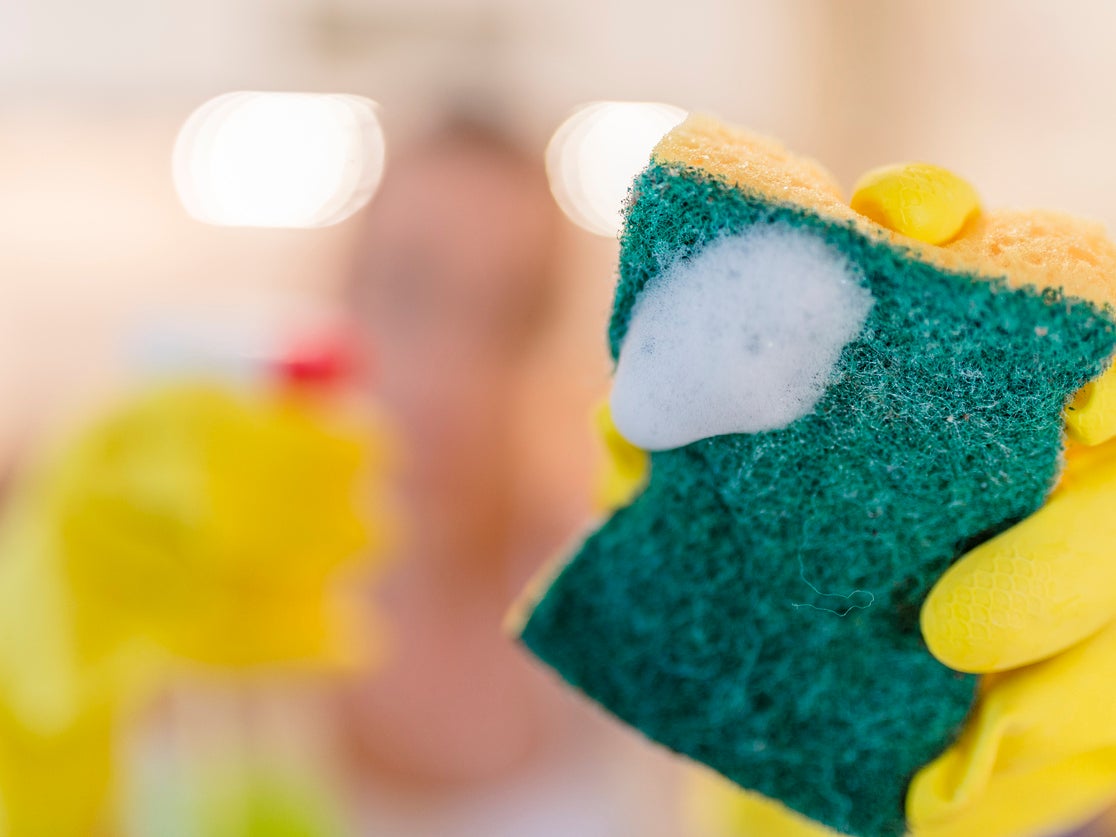
Sponges
Sponges that are used to clean the bathroom or kitchen should be thrown away on a weekly basis.
If you think about the amount of dirt that accumulates in your home, this should come as no surprise.
Household disinfectant
When it comes to cleaning materials such as toilet or surface cleaners, you should aim to buy new ones every three months.
Household disinfectants that aren’t used within this time frame could wind up being ineffective when you eventually come around to using them.
Mattress
The average person will spend approximately 25 years of their life sleeping.
Therefore, if you’re not sleeping on a supportive mattress, then this could have a long-lasting detrimental effect on your physical health.
According to The Sleep Council, you should buy a new mattress every eight years so that you’re providing your body with as much support and comfort as possible.
Carpet
When you walk across your carpet every single day, it can be very easy not to consider the amount of dirt that has built up inside.
Carpets can contain all sorts of bacteria from food spillages or dirty shoes worn indoors.
Your carpet should be changed around every five to 15 years.
This can vary depending on what it’s been made of, as different types of carpet are more likely to trap dirt.
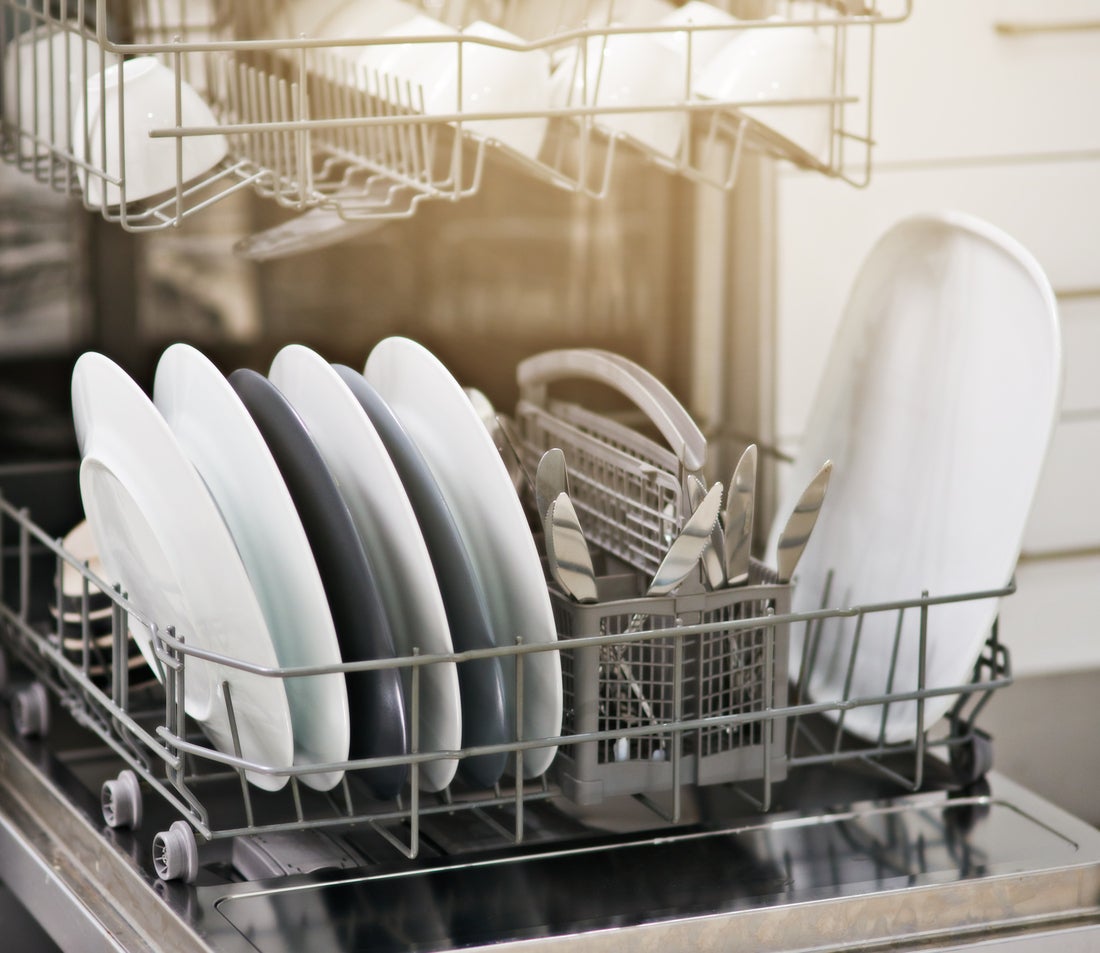
Dishwasher
If you use the same dishwasher for too long a period of time, then eventually it will stop cleaning your kitchenware sufficiently.
Purchasing a new dishwasher is a worthy investment for the entire household, which is why you should do so every 10 to 15 years.
Plastic containers
For those of you who take a homemade lunch into work every day in a handy plastic container, then listen up.
If the plastic container that you use to hold your food has any scratches or if you use it when heating your food in the microwave, then you could be exposing your food to harmful toxins.
Make sure that you replace your plastic food containers at least every six months.
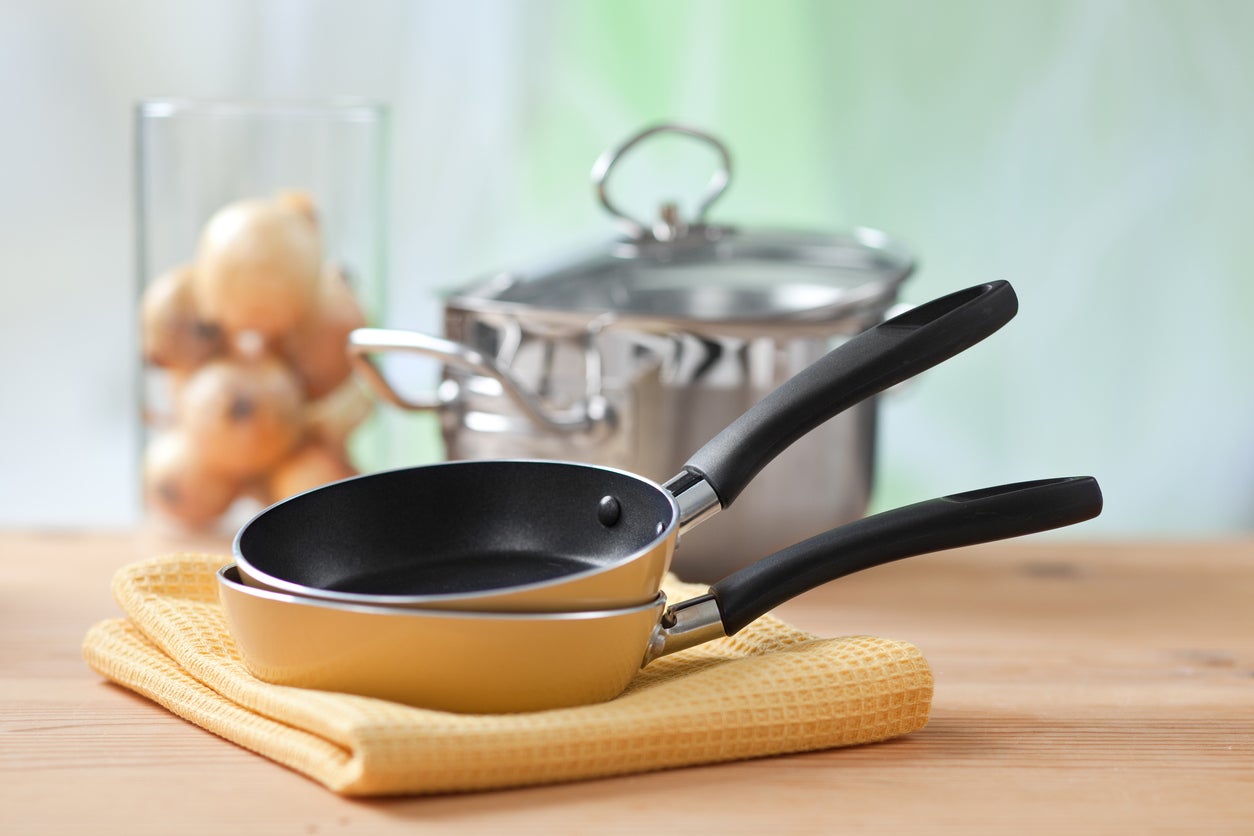
Pans
Cooking food in pans that have been scratched or chipped is not advisable.
You should aim to replace your kitchen pans at least every three to five years, as cooking with pans that have been damaged could potentially release harmful compounds and contaminate your food.
Bathroom towels
There’s nothing more comforting than wrapping yourself up in a newly bought towel that’s incredibly soft.
We can all tell when a towel has past its prime, as it will feel rough to touch.
When your towel is no longer able to absorb water as well as it used to, this means that it will be easier for bacteria to grow on its surface.
Try to replace your towels every one to three years.
Pillows
If you don’t wash your pillows at least every three months, then you’re exposing your face to a whole lot of dirt.
“An old, unwashed pillow could contain as much as 10 per cent of its weight in skin… dead and living dust mites and their allergen-laden droppings,” The Sleep Council stated.
The Sleep Council recommends replacing your pillows every two to three years.
Join our commenting forum
Join thought-provoking conversations, follow other Independent readers and see their replies
Comments